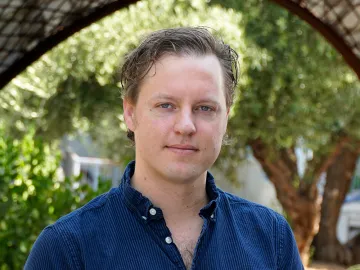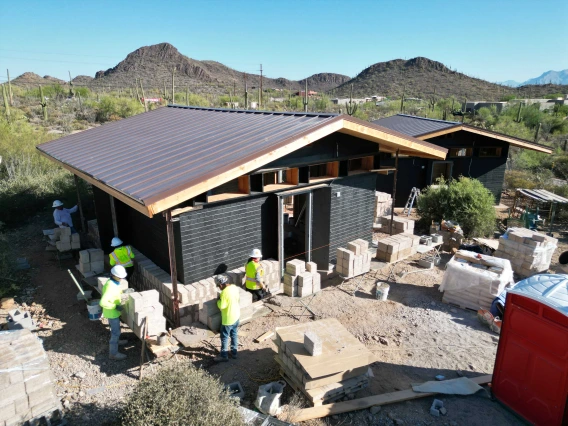Planning Professor Philip Stoker on How an Infrastructure Bill Can Help Rural Communities in the West

In an April 23, 2021 article by Deseret News examining how an infrastructure bill can help rural communities in the West, University of Arizona Assistant Professor of Landscape Architecture and Planning Philip Stoker speaks to elements contained in President Biden's proposed infrastructure bill, including “soft infrastructure” such as housing.

Philip Stoker, Assistant Professor of Landscape Architecture and Urban Planning
“Housing is critical infrastructure,” says Stoker in the article, continuing to note that workforce housing particularly plays a role in how much strain is put on roads and public transportation. "Addressing housing infrastructure will also help address more traditional forms of infrastructure."
The article's housing conclusion: "Building up the affordable housing stock will be key to sustainable growth in small rural communities."
Stoker, who joined CAPLA in 2015, researches urban water demand and the integration of land use planning with water management. He has conducted environmental and social science research internationally, including work with the World Health Organization, Parks Canada, the National Park Service and the Vancouver 2010 Olympic Games. Stoker holds a PhD in Metropolitan Planning, Policy and Design from the University of Utah.
Header photo of road in Utah by Todd Willett, courtesy Pixabay.



